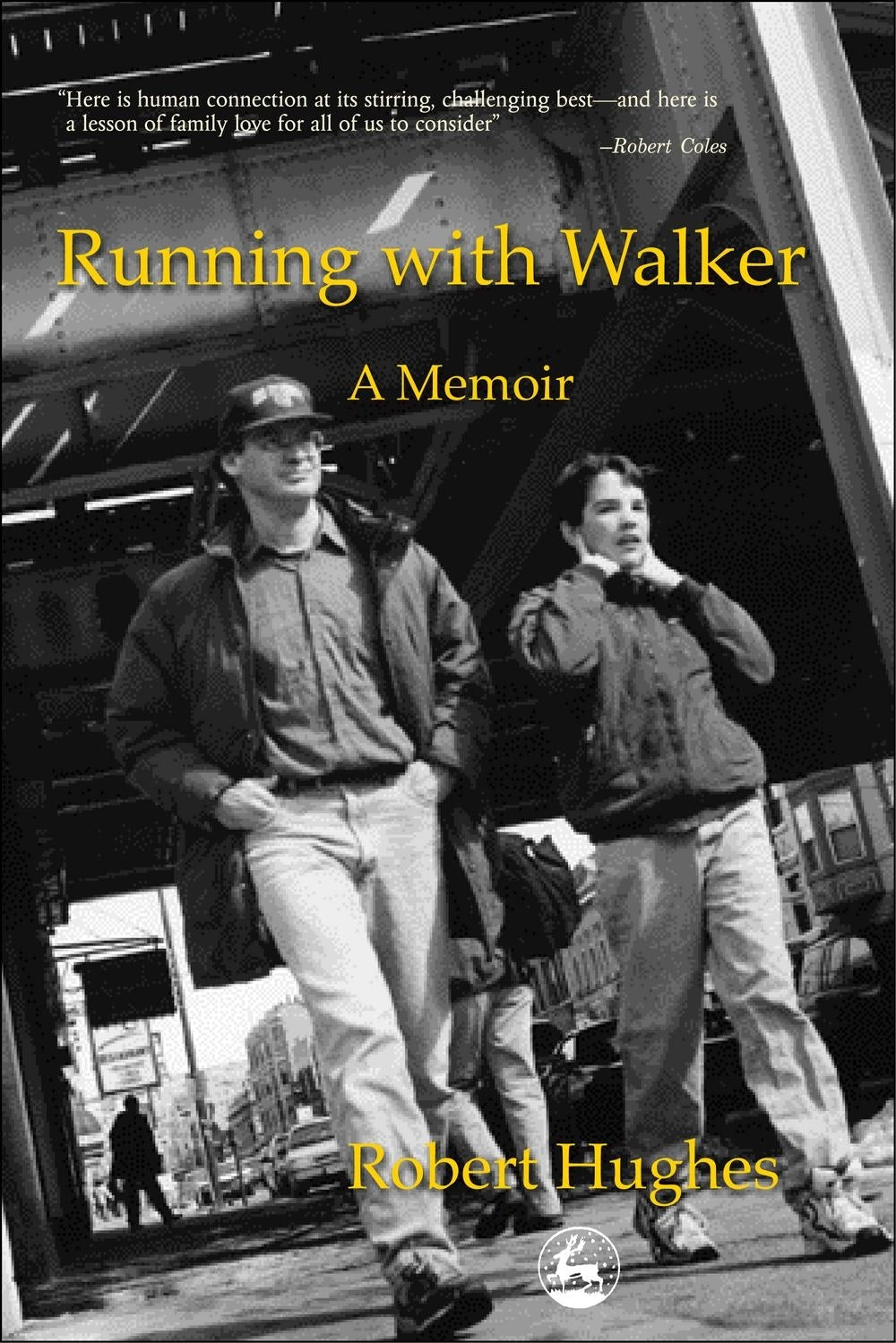
Press Reviews
The Journal of Canadian Academy of Child and Adolescent Psychiatry
Walker had autism. This book chronicles Walker's family life in Chicago, Illinois from Walker's birth to age 16 years. The book describes his parents' realization that something was wrong with walker, and their trials and tribulations in finding the clinical services he needed t each stage in his life. It details his educational experience from day care, through home schooling, and entry into specialized education. It vividly describes the daily situations the family faced raising Walker. Walker's brother, Davy, was always present in the story. His personal struggle having an elder brother with serious problems are also described. One on level there was Walker's story which was interesting and heartwarming in spite of all the difficulties. I would have liked to meet Walker. Walker's father is an English professor who wrote a very easy-to-read book. The other level in the book was far more difficult reading. Walker's father provides a very articulate description of the compromises that they made in their own lives to keep their son at home. It is little wonder that so many parents of children with serious disabilities divorce. The emotional reactions of Walker's parents and his brother are vividly described. Davy was lucky to have parents who made time for him. It was a good reminder that all the children in a family with a disabled child need special attention. I found the book fascinating to read yet disturbing in its portrayal of the insensitivity of the professionals to the legitimate questions Walker's parents asked.
Chicago Parent
In this wonderfully written book, Hughes (English Truman Coll.) provides a vivid account of his experiences raising his autistic son, Walker. Hughes touches on many elements that make his narrative distinctive, including a father's point of view, experiences with home schooling. Running With Walker is the witty and insightful story of another, the first-born son of author Robert Hughes, a Chicago college professor. Hughes describes the mounting terror he and his wife Ellen begin to feel when they realize their beautiful little boy is not "normal" and chronicles their journey into the mysteries of autism. With humor and honesty, Hughes describes the steps and missteps they take in their search for answers, in spite of grim prognosis. "I hold out no hope for this child," one physician tells them. This is not a magic-cure book about autism, nor is it a tale of woe. Running with Walker tells what could be a very grim tale with warmth and grace. This book is a rebuttal to anyone who has ever thought "I could never go through that." In the end, this family goes on, always striving and hoping for the best - because that's what families do.
Rostrum
Running with Walker, a memoir by Robert Hughes, is a deeply reflective and detailed account of the life of his son Walker, who has autism. I loved this book and could not put it down. We are taken, step by step, feeling by feeling, through the family's landscape, and as such this book will be of intense interest to people living very close to autism. It is intelligent, self-deprecating and written with great warmth and candour. The book is full of practical examples of things that helped this family survive the most problematic periods and may be worth trying by other parents. I recommend this book to professionals and to parents for the enlightening detail and a quality of writing far and beyond what I have read before. One can't fail to learn a lot that is new and be reminded of the necessity of empathy and hope, and treating each person as an individual, as well as the necessity to provide good services.
Five to Eleven
I loved this book. Painful, funny and moving, it highlights the dilemma faced by parents of children with disabilities - the need to keep hope alive, and the fears and concerns of health professional. Good parents avoid labeling and focus on what is positive about their child. Health professionals deal in labels and focus on what is wrong with children. The clash seems inevitable. Robert Hughes writes with disarming honesty about the reality and complexity of parenting an autistic child and of the need to see Walker not as hopeless, but as a unique child with possibilities. Inspirational reading!
Family Time
The story Hughes tells is tragic and beautiful and full of hope. His memoir is a testimonial to parental love that is endless, selfless, unconditional and all enduring. It is also great reading for anyone.
Robert Coles, James Agee Professor of Social Ethics, Harvard University
Such an affecting and instructive story, and one told so very well: a father's relentless love for his son, offered time and again, no matter the boy's troubles. Here is human connection at its stirring, challenging best - and here is a lesson of family love for all of us to consider.
